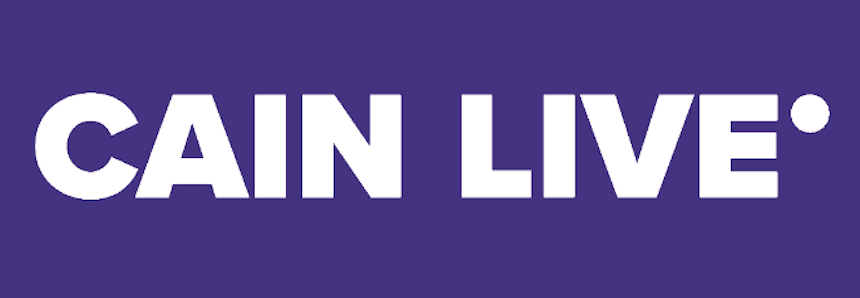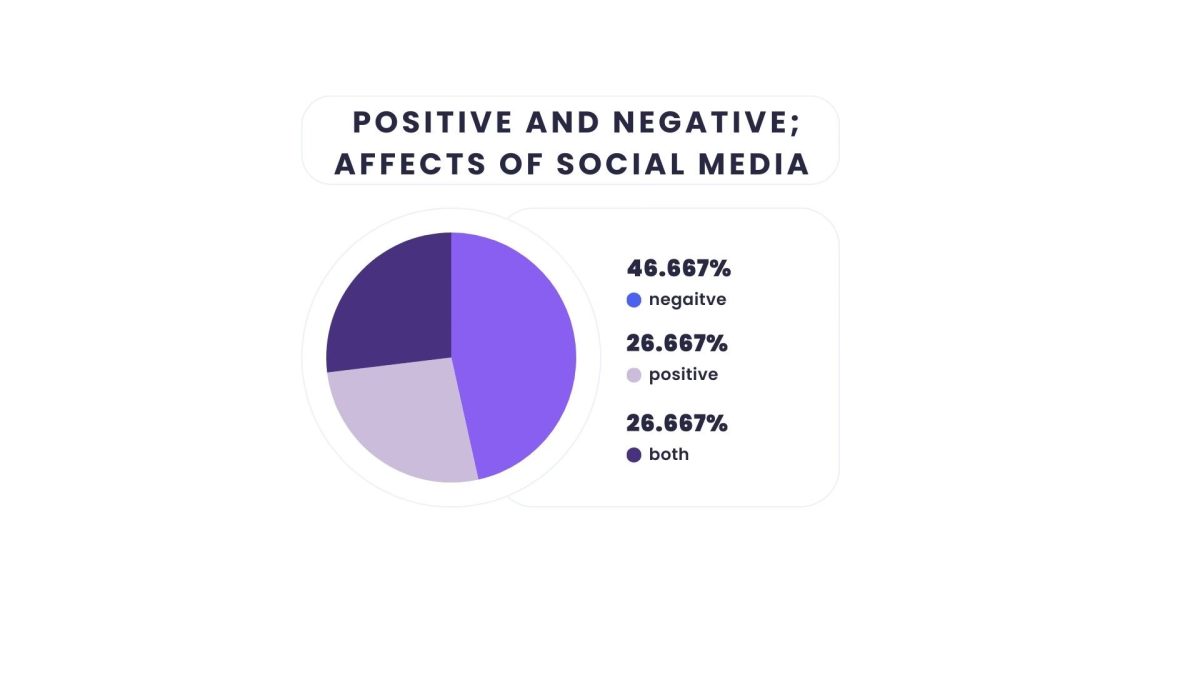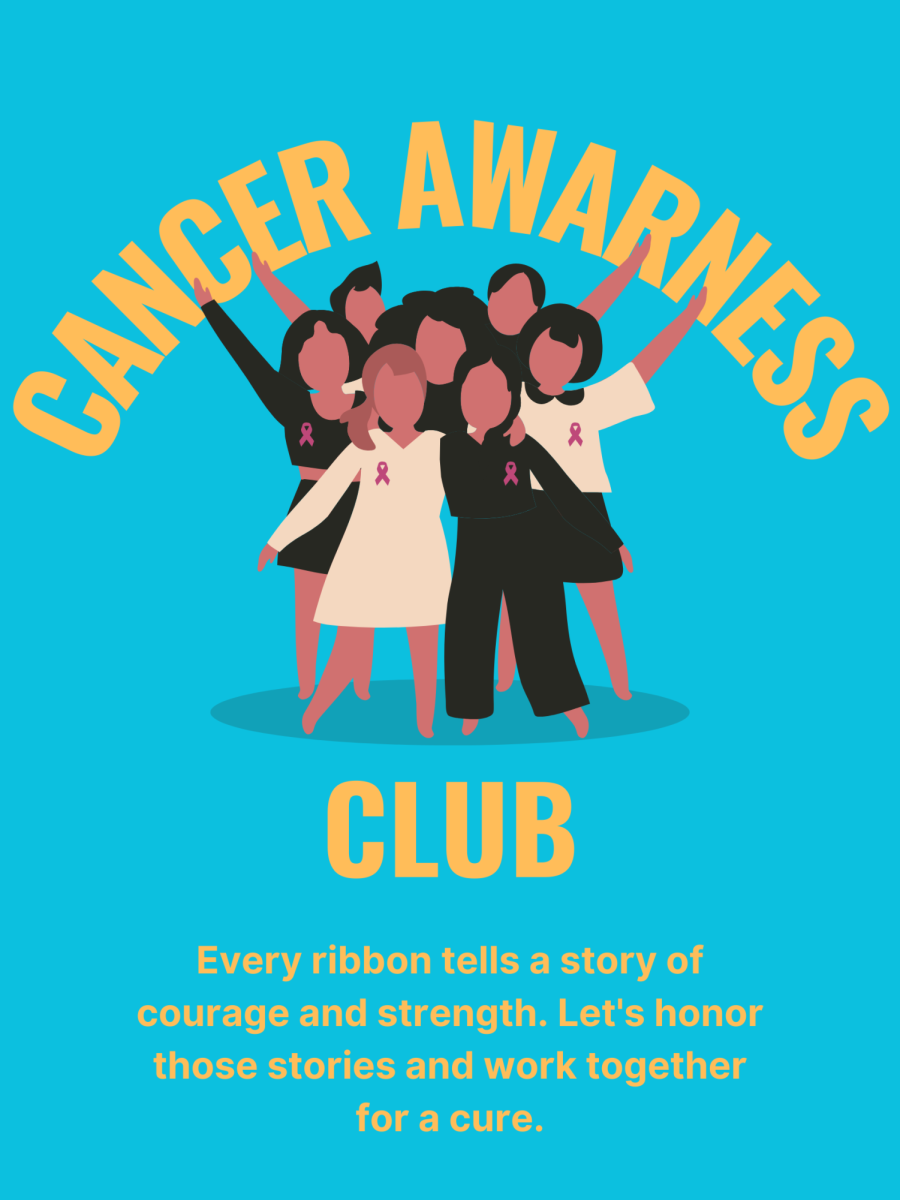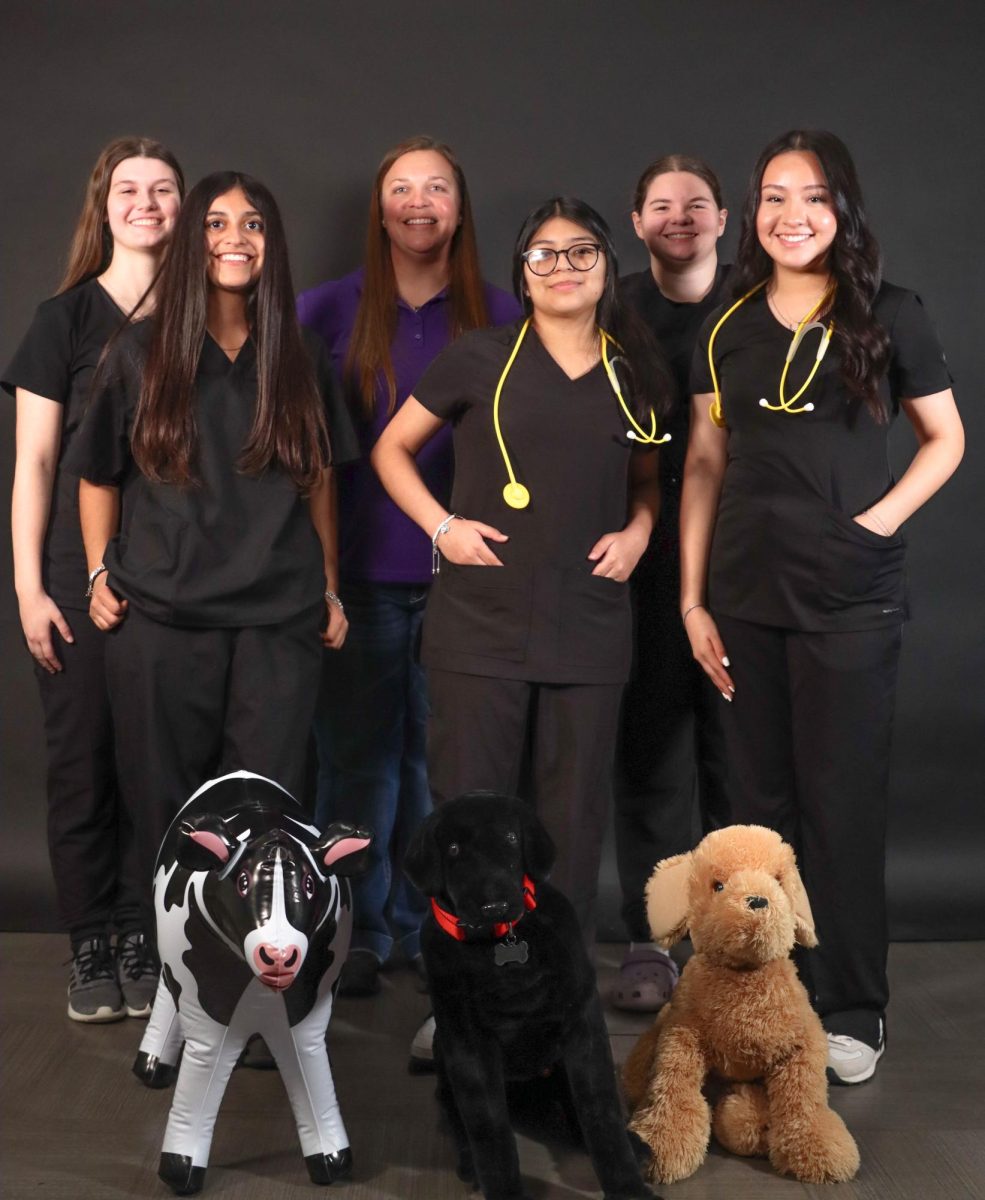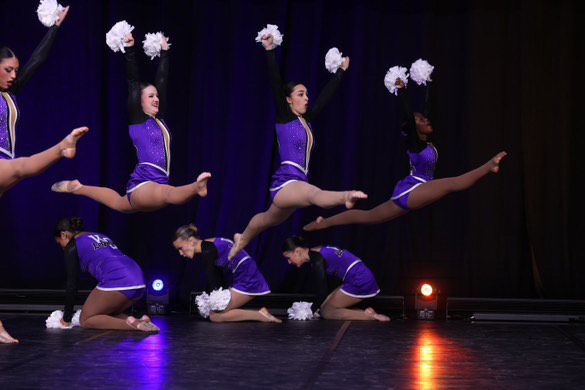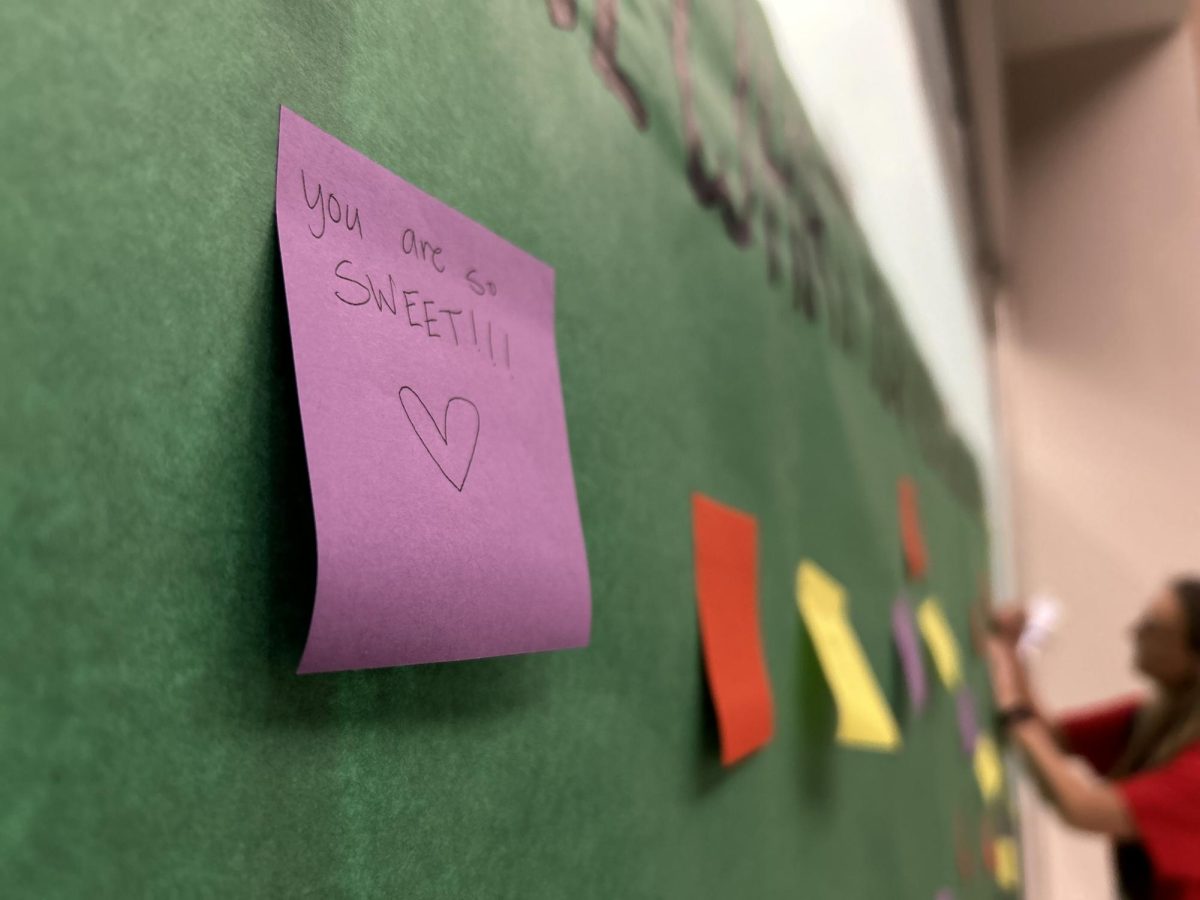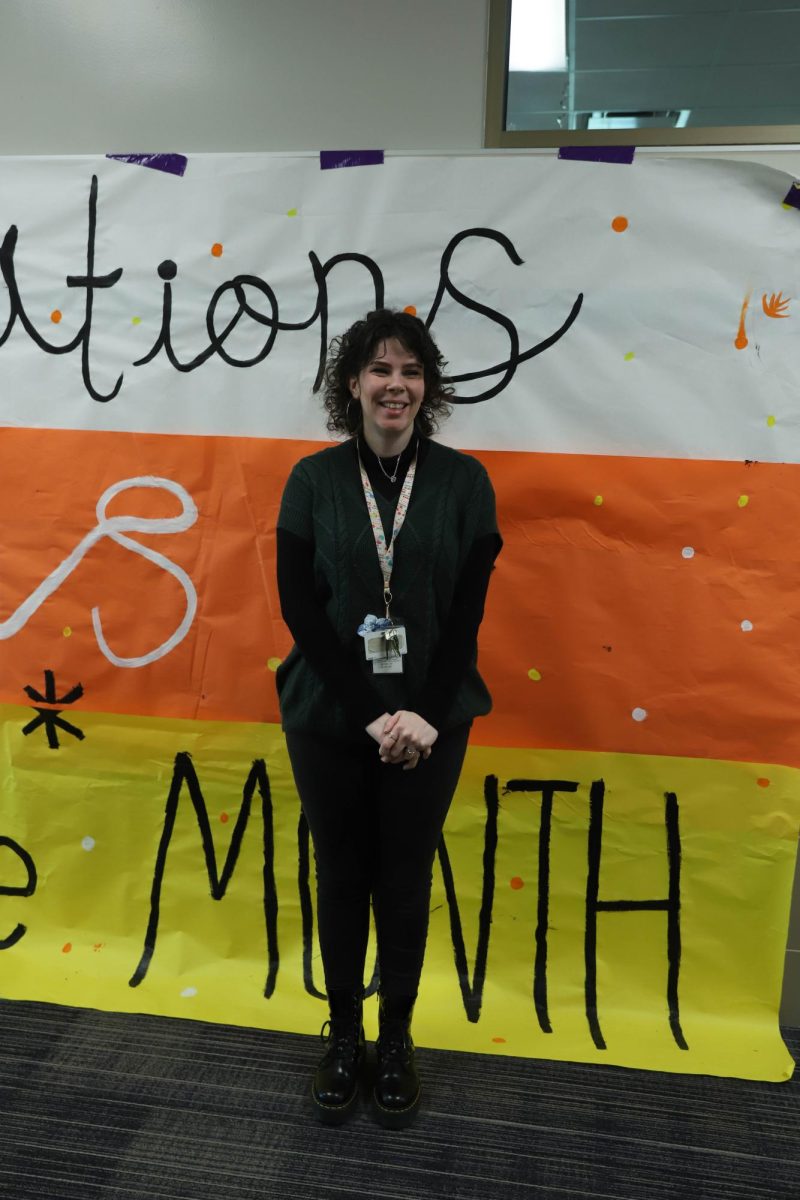Data from a multitude of sources shows the connection between social media and rising mental health issues in high school students. However, most students are unaware of these effects.
“There has definitely been an increase since the pandemic, I will say. You’re seeing a lot more anxiety and depression,” Klein Cain Mental Health Specialist, Tiffany James, said.
After an in depth study, the CDC stated depression and anxiety are becoming more prominent, and suicide rates among high school students have reached a 40-year high.
“I know there are some students who will be on their devices for like six to eight hours after school… some people don’t go to sleep and I think what some people don’t realize is how it truly affects your brain,” James said.
While observing cyberattacks, FEMA discovered high levels of social media use can also lead to cyberbullying, with 88% of teens engaging in cruel behaviors online.
“You’re taking it to a platform to have a disagreement or whatever else and then it can turn into something even greater like cyberbullying,” James said.
Anne Marie Abano describes the ‘Culture of Comparison’ mindset in an article published about a study done by Columbia University Irving Medical Center; It causes people to be concerned with their self-image compared to peers, a common issue for high school students.
“I think often seeing peoples picture perfect image on social media can really have negative effects on how we view ourselves,” Senior Jalie Barnes said.
Abano states this comparison severely affects teens’ mental health, significantly decreasing their self-worth.
“If you’re constantly comparing yourself to somebody that has more than you, it makes you feel like you’re less than, and they may start thinking less of themselves based on what they see,” James said.
Social media also affects the family unit. James states many students go straight to their room to scroll through Instagram or another social media platform when they get home, causing separation from family members.
“Social media has really affected my relationship with my parents,” Freshman Maria Romero Hidalgo, said.
Romero Hidalgo expressed that social media also distracts students during school, causing them to fall behind and struggle with their grades.
“I want to be on my phone so I don’t really pay attention to my missing assignments or any assignments I didn’t do at school,” Romero Hidalgo said.
Students rely on social media as a form of communication and a platform to connect with people due to its popularity. Although this can be a positive use of social media, it causes students who don’t have access to it to struggle connecting with other teenagers.
“I’m envious of everyone else that has social media because there’s a lot more you can do with it, especially with school. Everything is connected to Instagram and Tiktok now,” Sophomore Elijah Sandlin said.
Junior Miles Lockwood believes the influence social media has on a high school student’s mental health is based on their intentions for using it.
“It can affect mental health in some ways depending on what people say, the things people do, and how they use that platform,” Lockwood said.
Through her time working in public schools, Principal Lauren Marti has observed that when used appropriately, social media can be a great resource for students to communicate and connect, but its effects if used incorrectly are detrimental.
“I think it is a double edged sword. I think it can be very positive impact if it’s used correctly or it can be a very negative impact if it’s used incorrectly,” Marti said.

